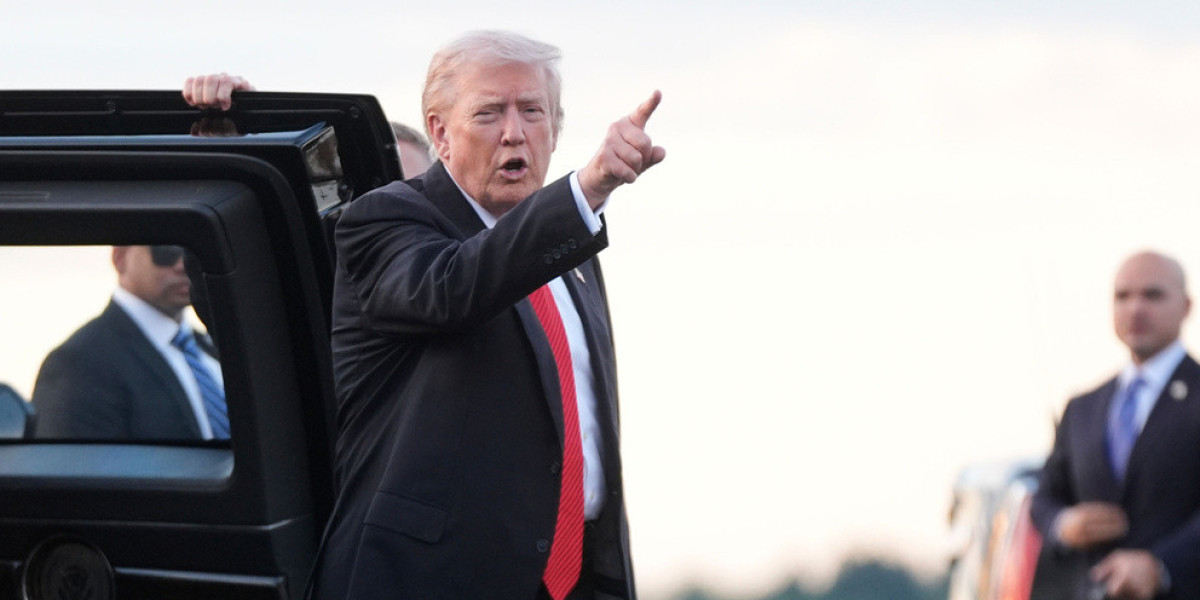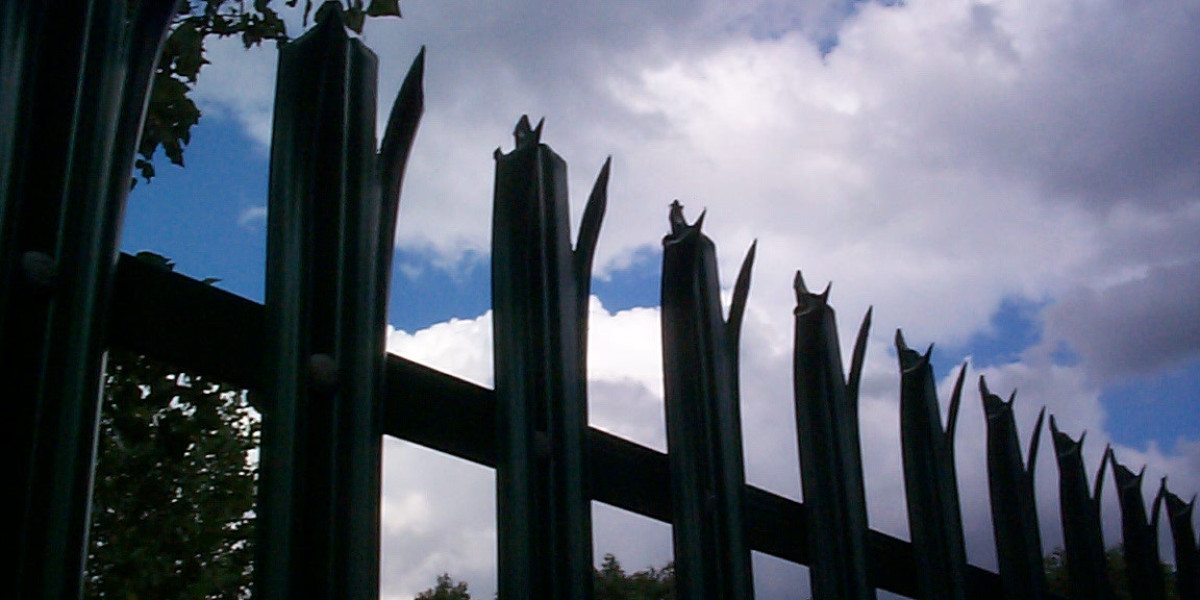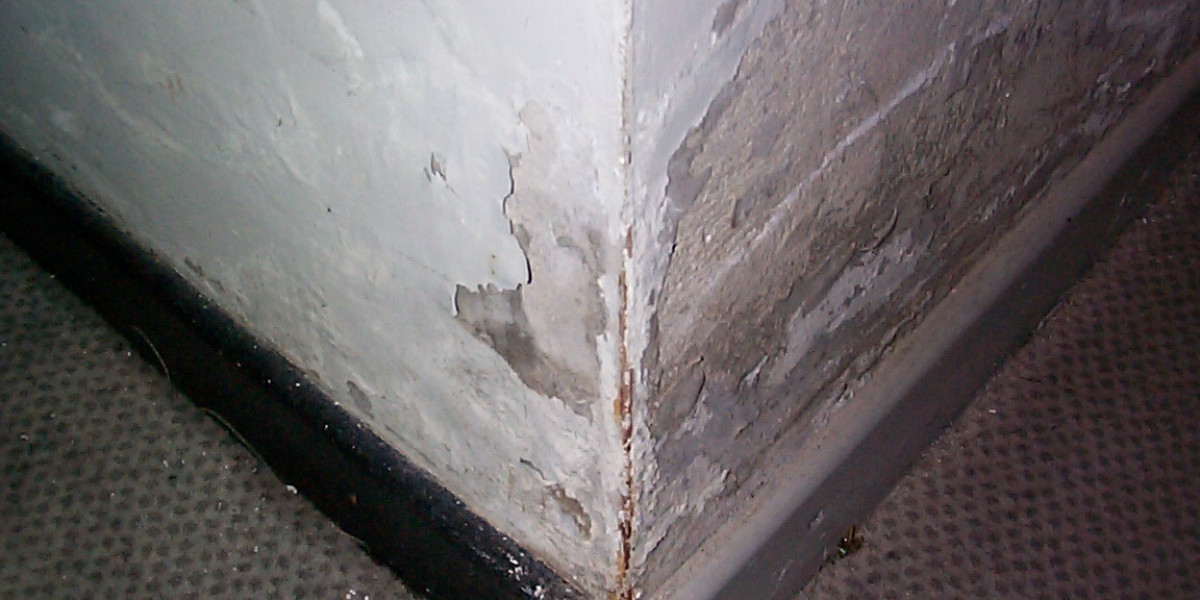Former U.S. President Donald Trump’s authorization of a new round of nuclear testing has triggered strong responses from Russia and China, sparking renewed global concerns about arms escalation and the erosion of long-standing non-proliferation agreements. The announcement, framed by Trump as a measure to “ensure America’s nuclear readiness,” has reignited debates on deterrence, diplomacy, and global stability.
The Announcement: A Controversial Decision
In a press briefing from Washington, Trump confirmed that the United States had conducted a limited nuclear test at a Nevada testing site, marking the country’s first in more than two decades.
He described the move as a “strategic necessity” to maintain the integrity of the U.S. nuclear arsenal and to “send a message” to America’s adversaries.
“Our deterrent must remain unmatched and unquestionable,” Trump stated. “We’re ensuring that our nuclear defense remains ready for any threat.”
The announcement came as a surprise to many within the international community, as the U.S. has observed a moratorium on nuclear testing since 1992. While subcritical tests—those not producing a nuclear explosion—have continued, this new round reportedly involved live data collection on warhead performance, prompting alarm among global watchdogs.
Moscow’s Response: A Warning Against Escalation
The Kremlin reacted sharply, calling the U.S. test a provocative and destabilizing action.
Russian Foreign Ministry spokesperson Maria Zakharova said Moscow would “carefully evaluate” its own defense posture in light of the move.
“This decision risks undermining decades of arms control progress,” she said. “If Washington chooses to reignite a nuclear arms race, it must be prepared for the consequences.”
Russian state media framed the test as evidence of the U.S. “abandoning restraint” in favor of global dominance, with defense analysts warning that Moscow may accelerate its modernization of strategic weapons in response.
Beijing’s Reaction: Calls for Dialogue, Not Detonation
China’s reaction was more restrained but no less critical.
In a statement, the Chinese Foreign Ministry urged the United States to “respect global consensus and refrain from actions that threaten peace.”
Foreign Minister Wang Yi said,
“At a time when the world needs cooperation, this step by the United States sends the wrong message. China calls on all nuclear powers to commit to dialogue and avoid confrontation.”
Chinese state-run outlets emphasized the risk of renewed nuclear competition, especially in the Asia-Pacific region, where tensions over Taiwan and the South China Sea are already high.
Global Reaction: Alarm and Condemnation
The United Nations Secretary-General, through a spokesperson, expressed “deep concern” over the U.S. test, emphasizing that such actions undermine efforts toward global disarmament.
The European Union, long an advocate for non-proliferation, warned that the test could “set a dangerous precedent,” potentially prompting other nations to resume their own nuclear experiments.
In Japan and South Korea, two U.S. allies, officials expressed unease, citing the potential for regional instability and renewed North Korean nuclear aggression.
Domestic Debate in the U.S.
Within the United States, reactions to the nuclear test have been divided.
Supporters argue that resuming testing reinforces national security and ensures the reliability of aging warheads in the nuclear stockpile.
Critics, however, see it as a reckless move that undermines decades of bipartisan arms control achievements.
Senator Bernie Sanders criticized the action, stating:
“Instead of leading the world toward disarmament, we’re dragging it backward into another arms race.”
Environmental groups also condemned the test, warning about potential radioactive contamination risks and the moral consequences of reviving nuclear testing in the 21st century.
Impact on Global Arms Control
The U.S. test threatens to strain what remains of the global arms control framework.
The Comprehensive Nuclear-Test-Ban Treaty (CTBT), though signed by the U.S. in 1996, has never been ratified. The New START Treaty with Russia—limiting deployed strategic nuclear weapons—has also faced uncertainty.
Analysts warn that the test could push other nuclear powers to reconsider their restraint, triggering a chain reaction of modernization and testing across the globe.
Dr. Elena Kovacs, a nuclear policy expert at the Global Security Forum, explained:
“This move sends the message that treaties and restraint no longer matter. If other nations follow suit, decades of arms control diplomacy could unravel overnight.”
Strategic Intentions and Timing
Some experts believe Trump’s decision may be strategically calculated, aimed at putting pressure on adversaries—particularly Russia and China—to engage in new trilateral arms control negotiations.
The move may also serve domestic political purposes, reinforcing Trump’s image as a strong leader on national defense while appealing to his political base ahead of upcoming elections.
However, many warn that such short-term political gains could come at the cost of long-term global insecurity.
A Return to Cold War Dynamics?
The renewed testing marks what many analysts describe as a turning point in global nuclear policy.
For decades, major powers adhered to an unspoken deterrent equilibrium—maintaining arsenals but avoiding active testing. Trump’s decision threatens to disrupt that balance, inviting other nuclear states to respond in kind.
As one former U.N. disarmament official noted:
“We’re entering an era where symbolism matters as much as capability. Resuming tests is not just about science—it’s about signaling dominance.”
Final Thought
Trump’s nuclear test announcement has sent shockwaves through global diplomacy, reviving fears of an arms race reminiscent of the Cold War.
While the U.S. defends the move as essential for national security, Russia and China see it as a provocation that could destabilize the international order.
The world now faces a pivotal moment: either return to dialogue and restraint or risk a future defined by competition and escalation.
In an era already fraught with geopolitical tension, this test serves as a stark reminder — nuclear stability remains fragile, and global peace depends on the choices made today.








